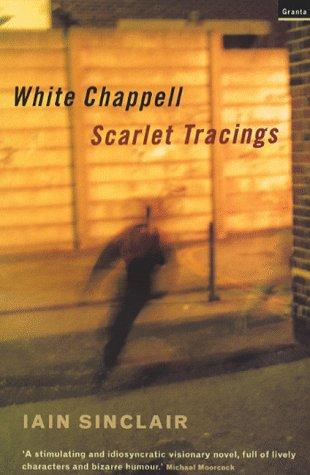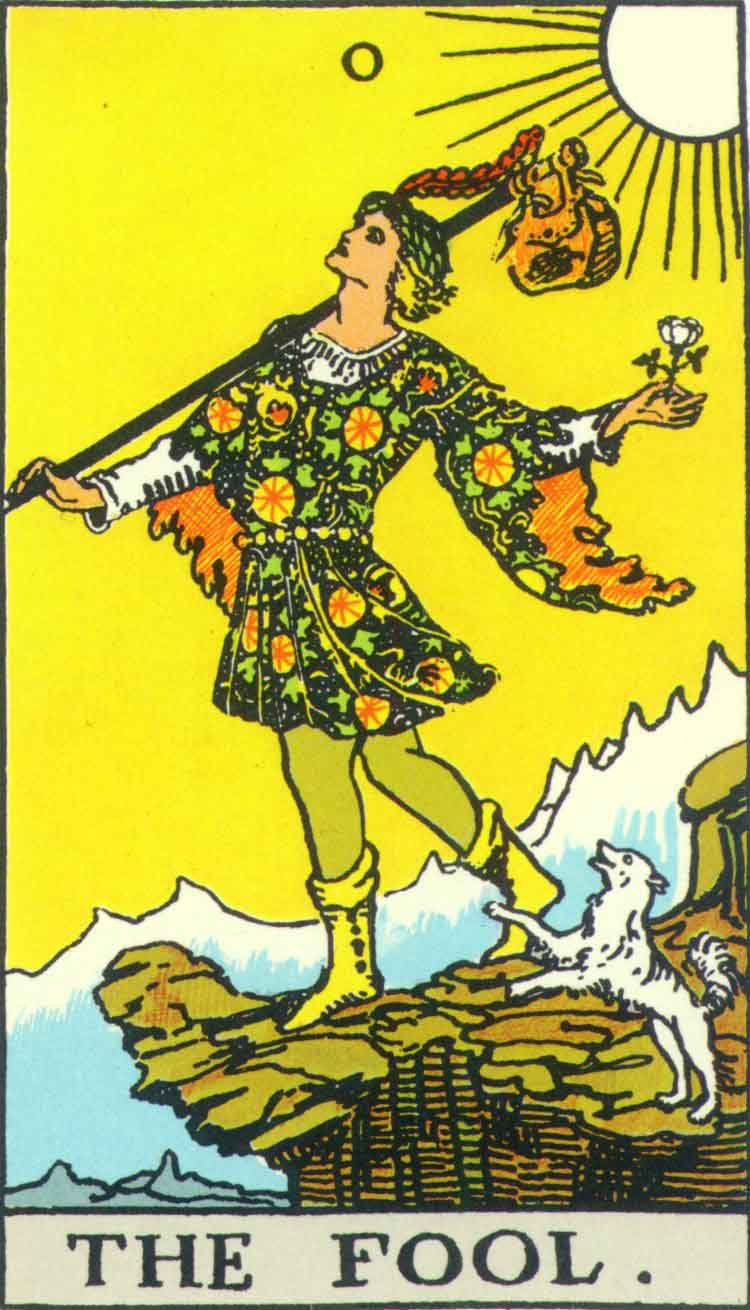Welcome.
*
The Twelfth Night whirligig wrapped a run at GHS last night. Well fooled.
*
Now trying to keep Gloucester unchartered.
Amen to this. Read & you will know where I'll be Thursday afternoon.
*
Songs for today: "Straight to Hell" & "Fairytale of New York".
*
Picked up Rancho Wierdo by Laura Chester in Lowell Friday. Stories of the west (ahem, the West) from the Amazon(.com). Or, as another put it. The stories say "I'm from a culture..."
Here's where the enthusiasm is: addictive voices. I'm on a Smarties binge. Or, is that candy corns with ersatz Tobasco sauce. The later.
*
How's that for a lively surface?
Sunday, December 07, 2008
Wednesday, December 03, 2008
Wednesday, April 23, 2008

Aimé Césaire has died.
from NOTEBOOK OF A RETURN TO THE NATIVE LAND
by Aimé Césaire
Death traces a shining circle
above this man
death stars softly above his head
death breathes, crazed, in the ripened
cane field of his arms
death gallops in the prison like
a white horse
death gleams in the dark like the
eyes of a cat
death hiccups like water under the Keys
death is struck bird
death wanes
death flickers
death is a very shy patyura*
death expires in a white pool of silence.
(translated by Clayton Eshleman and Annette Smith)
* apparently a "Paraguayan peccary" (pig-like wild animal)
*******
Guillermo Juan Parra's personal take on reading Césaire can be found here.
*******
Eshleman's thoughts on translating Césaire can be found here.
As a "ward and precinct man" who wishes he had a better grasp of the local flora and fauna, I was especially moved by Eshleman and Césaire in this passage:
"The case of plant names was especially complex, as we had to be careful to highlight Césaire’s concrete and political interest in Caribbean flora. The following comments by Césaire himself (from a 1960 interview) reinforced our concerns in these regards: 'I am an Antillean. I want a poetry that is concrete, very Antillean, Martinican. I must name Martinican things, must call them by their names. The caňafistula mentioned in ‘Spirals’ is a tree; it is also called the drumstick tree. It has large yellow leaves and its fruit are those purplish bluish black pods, used here also as a purgative. The balisier resembles a plantain, but it has a red heart, a red florescence at its center that is really shaped like a heart. The cecropias are shaped like silvery hands, yes, like the interior of a black’s hand. All of these astonishing words are absolutely necessary, they are never gratuitous . . .'"
As a translator who has struggled with making known in English (what seem to me to be) secondary meanings in some of Lorca's word choices in "Remanso" and as a reader who has tried to make sense of some of the strange features of Vallejo's poems, I also appreciated these thoughts from Eshleman:
"Neologisms constituted another pitfall. Some were relatively easy to handle because their components were obvious. 'Negritude,' 'nigromance,' 'strom,' and 'mokatine' were clear by association with 'infinitude,' 'nécromancie,' 'maelstrom,' and 'nougâtine' (a rich French almond candy). But coining equivalents for 'rhizulent,' 'effrade,' and 'desencastration' (which we translated respectively as 'rhizulate,' 'frightation,' and “disencasement,” in the last case giving up on the castration aspect, required a solid sense of semantics. Only Césaire himself was in a position to reveal, in a conversation with me in a Paris cafe, that 'verrition' which preceding translators had interpreted as 'flick' and 'swirl' had been coined on a Latin verb 'verri' meaning 'to sweep,' 'to scrape a surface,' and ultimately 'to scan.' Our rendition ('veerition') attempted to preserve the turning motion (set against its oxymoronic modifier 'motionless' as well as the Latin sound of the original - thus restituting the long-lost meaning of an important passage (the last few lines of 'Notebook of a Return to the Native Land')."
Would that I could turn to Lorca for advice translating "Remanso."
& this passage is also of considerable interest, especially with regard to recent discussions I've had with friends-peers-colleagues-students about context:
"For the general public, 'noir' and 'nègre' may well have been interchangeable, but the very civilized and very complexed Antilleans considered themselves as 'Noirs,' the 'nègres' being on that distant continent, Africa. And it is in this light that one must read Césaire’s use of the word 'nègre' and its derivatives 'nègritude,' 'nègrillon' and 'nègraille': he was making up a family of words based on what he considered to be the most insulting way to refer to a black. The paradox, of course, was that this implicit reckoning with the blacks’ ignominy, this process of self-irony and self-denigration, was the necessary step on the path to a new self-image and spiritual rebirth. It was therefore important to translate 'nègre' as 'nigger' and its derivatives as derivatives or compounds of 'nègre' and 'nigger' ('negritude,' 'nigger scum,' 'little nigger,' etc)."
Although I understand and respect Eshleman's choices, I don't think he got it quite right here. If "for the general public" Césaire’s choice "nègre" and "noir" were "interchangeable" then I don't think "nigger" is the appropriate U.S. equivalent even if "nègre" was used by "the very civilized" Antilleans to refer (pejoratively?) to black people from Africa. Seems the self-identification (apparently self-ironic and mockingly-self-denigrating) Césaire is after is more subtle and, therefore, only loosely analogous to the n-word -- a taboo! -- in USAmerica.
But, as I believe all translations are provisional versions and that none are definitive, I see the usefulness and power of Eshleman's choices, here and elsewhere.
*******
If interested in this brief discussion of Césaire, I also recommend his A Tempest which I read too quickly (out of the Tufts University library while also taking four grad classes and doing my teaching practicum at Cambridge Rindge and Latin) more than ten years ago. I am adding it to my summer reading list.
Wednesday, January 16, 2008

Samuel James Cornish, my mentor at Emerson College and the first of the Sams after whom my son is named, has been named Boston's first poet laureate.
(I snagged the image from ChickenBones: A Journal. See the photo & read from Sam's poem & prose memoir 1935 by clicking here.)
Subscribe to:
Comments (Atom)

